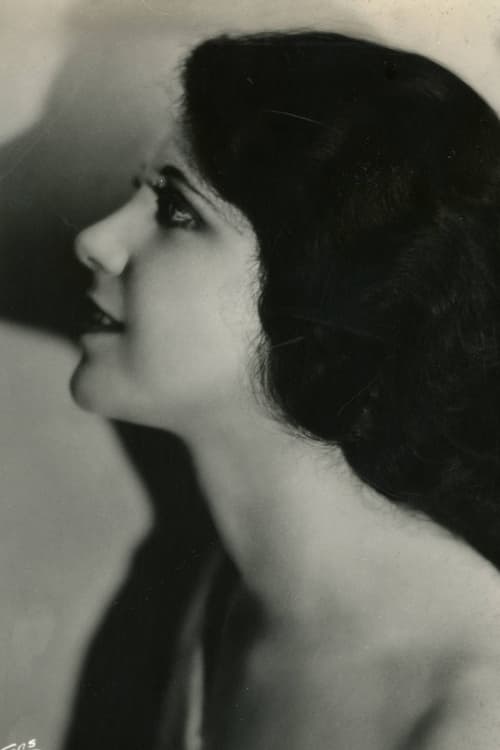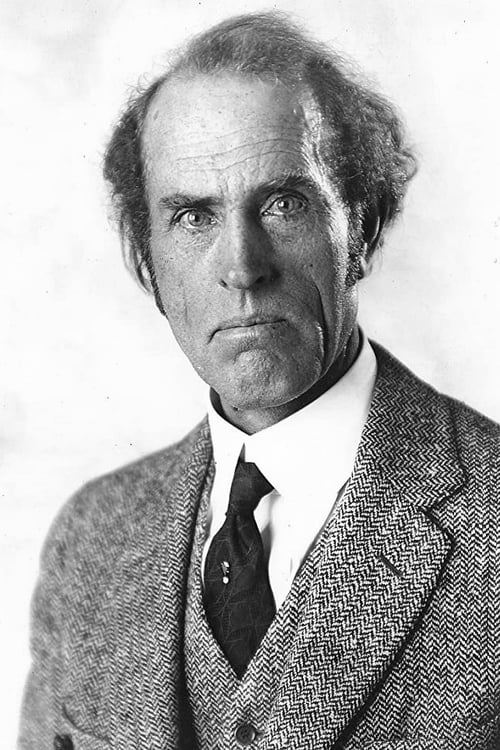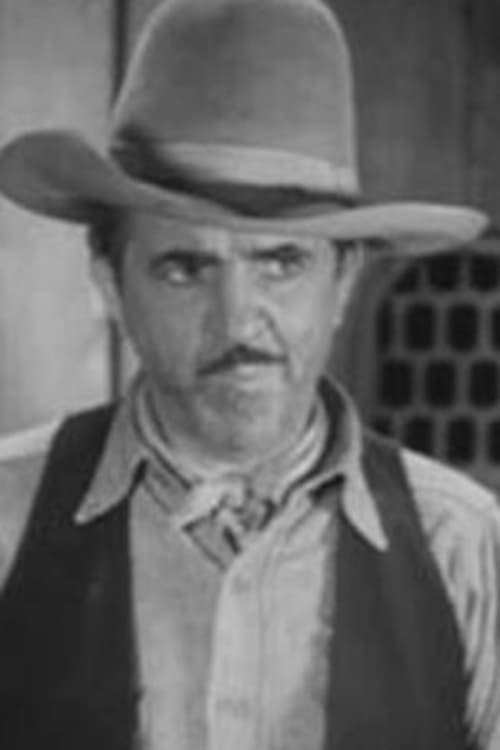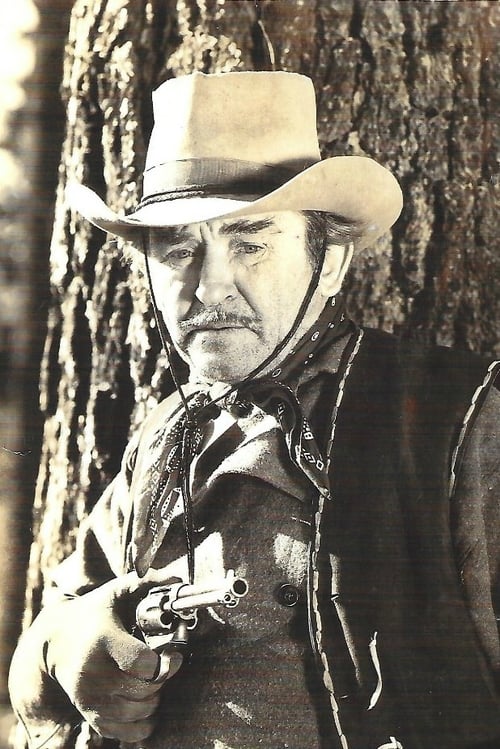Border Blackbirds (1927)
Genre : Western
Runtime : 0M
Director : Leo D. Maloney
Writer : Ford Beebe
Synopsis
A couple of drifters seeking shelter from a blizzard. In a mountain cabin, they find the body of an old friend and a note that blames his death on the Border Blackbirds, a notorious gang operating on the border of Canada.
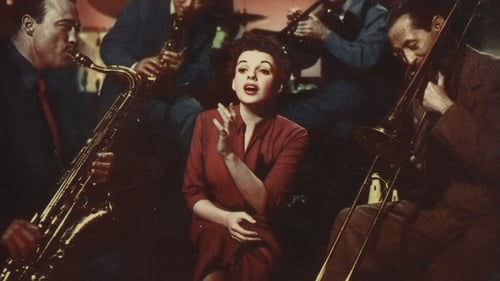
A movie star helps a young singer-actress find fame, even as age and alcoholism send his own career into a downward spiral.
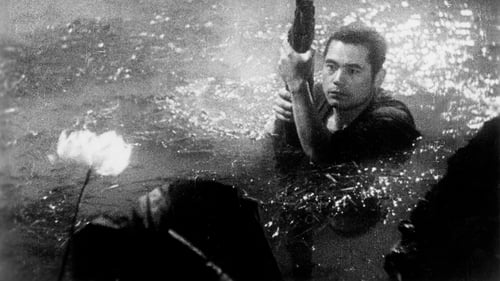
The story of Sanshiro, a strong stubborn youth, who travels into the city in order to learn Jujutsu. However, upon his arrival he discovers a new form of self-defence: Judo. The main character is based on Shiro Saigo, a legendary judoka.
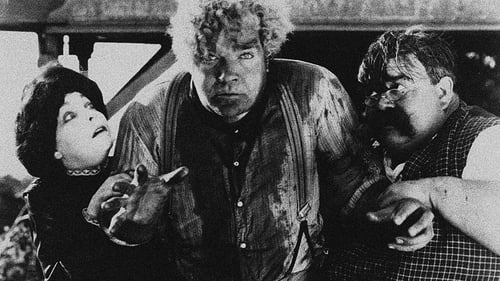
A lottery win of $5,000 forever changes the lives of a miner turned dentist and his wife.
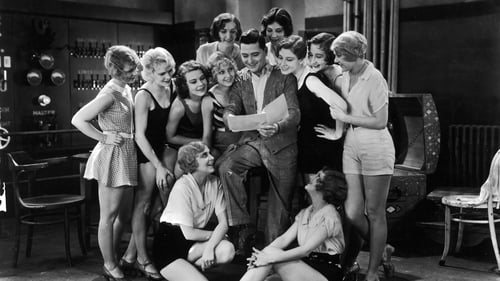
The vaudeville act of Harriet and Queenie Mahoney comes to Broadway, where their friend Eddie Kerns needs them for his number in one of Francis Zanfield's shows. When Eddie meets Queenie, he soon falls in love with her—but she is already being courted by Jock Warriner, a member of New York high society. Queenie eventually recognises that, to Jock, she is nothing more than a toy, and that Eddie is in love with her.

In the War's closing days, when a conscience-driven Japanese soldier fails to get his countrymen to surrender to overwhelming force, he adopts the lifestyle of a Buddhist monk.

The story of a poor young woman, separated by prejudice from her husband and baby, is interwoven with tales of intolerance from throughout history.
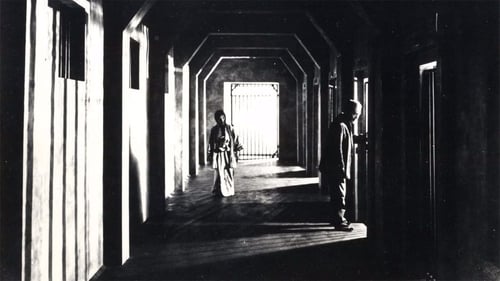
A man takes a job at an asylum with hopes of freeing his imprisoned wife.
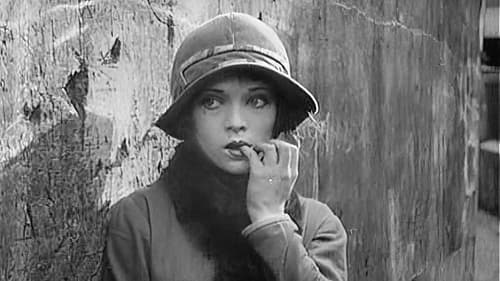
A pair of sisters leave the country for the city after their parents are slaughtered in a mysterious axe murder.
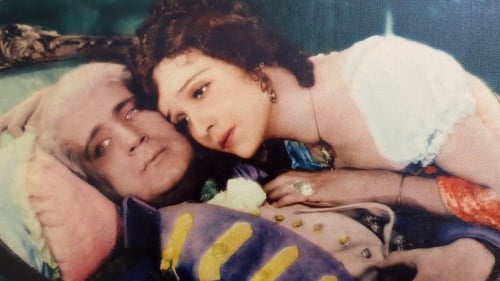
In 18th-Century Russia, the Czar, Paul, is surrounded by murderous plots and trusts only Count Pahlen. Pahlen wishes to protect his friend, the mad king, but because of the horror of the king's acts, he feels that he must remove him from the throne.
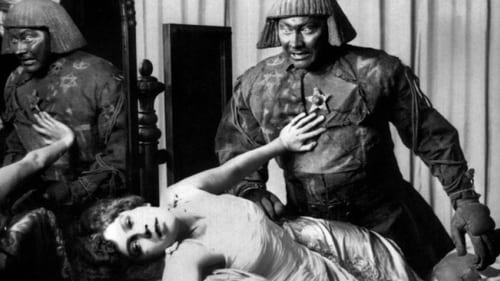
This mostly lost film (please check your attic) is often confused with director Paul Wegener third and readily available interpretation of the legend; Der Golem, wie er in die Welt kam (1920). In this version of the golem legend, the golem, a clay statue brought to life by Rabbi Loew in 16th century Prague to save the Jews from the ongoing brutal persecution by the city's rulers, is found in the rubble of an old synagogue in the 20th century. Brought to life by an antique dealer, the golem is used as a menial servant. Eventually falling in love with the dealer's wife, it goes on a murderous rampage when its love for her goes unanswered.
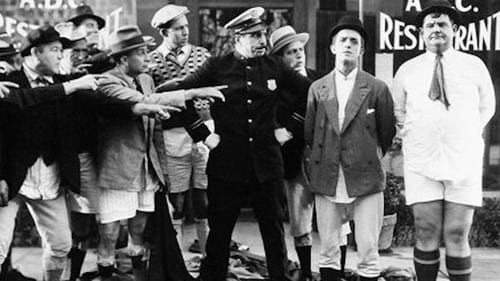
Fight manager takes out an insurance policy on his puny pugilist and then proceeds to try to arrange for an accident so that he can collect.
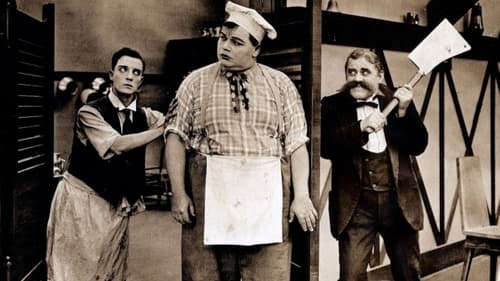
In an attempt at greater efficiency, the chef of a fancy oceanside restaurant and his assistant wreak havoc in the establishment. Adding to the complications is the arrival of a robber.

Just as Galeen and Wegener's Der Golem (1915) can be seen as a testament to early German film artistry, The Story of the Kelly Gang (1906) symbolizes both the birth of the Australian film industry and the emergence of an Australian cinema identity. Even more significantly, it heralds the emergence of the feature film format. However, only fragments of the original production of more than one hour are known to exist, preserved at the National Film and Sound Archive, Canberra; Efforts at reconstruction have made the film available to modern audiences.
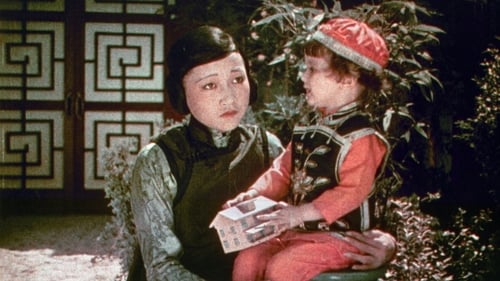
While visiting China, an American man falls in love with a young Chinese woman, but he then has second thoughts about the relationship. The plot is a variation of the Madame Butterfly story, set in China instead of Japan. The Toll of the Sea was one of the first and most successful Technicolor feature films.

Poor Ella Cinders is much abused by her evil step-mother and step-sisters. When she wins a local beauty contest she jumps at the chance to get out of her dead-end life and go to Hollywood, where she is promised a job in the movies. When she arrives in Hollywood, she discovers that the contest was a scam and the job non-existent. But through pluck, luck, and talent, she makes it in the movies anyway, and finds true love.
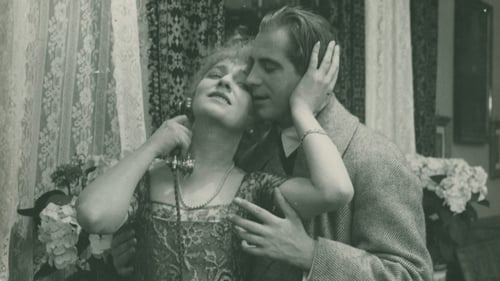
Erotikon is a 1920 Swedish romantic comedy film directed by Mauritz Stiller, starring Tora Teje, Karin Molander, Anders de Wahl and Lars Hanson. It is based on the 1917 play A kék róka by Ferenc Herczeg. The story revolves around an entomology professor obsessed with the sexual life of bugs, and his easygoing wife who is courted by two suitors.

The story of two men, one married, the other the lover of the other's wife, who meet in the trenches of the First World War, and how their tale becomes a microcosm for the horrors of war.

A seductive woman forsakes her husband and lover to pursue a young engineer.

Neil McRae, an impoverished composer, loves Cynthia Mason, but, fearing poverty, proposes to wealthy Gladys Cady. Can he compose himself and find the courage to seek love over comfort?

Ellen McHugh, a poor Irish immigrant to America, finds work in a carnival and is thus able to send her son Brian to a fine school. But when her position is found out, the school expels Brian. Mrs. McHugh feels compelled to allow the school principal and his wife to adopt Brian. The widow McHugh becomes a housekeeper and raises her employer's daughter Edith, who grows up to fall in love with Brian McHugh.


